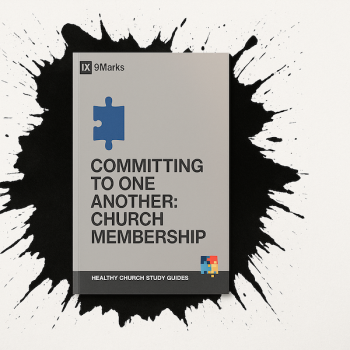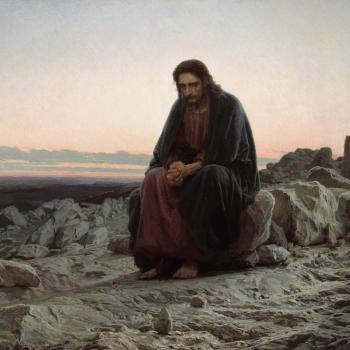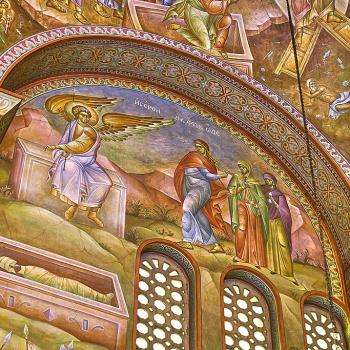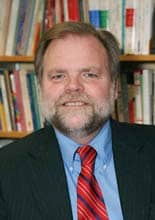Luke 15 reflects the complexity of sin and grace, and lost and found. The context of the passage involves Jesus' overhearing the religious leaders' criticism of his relationships with sinners. Jesus associates with sinners -- a broad term that covers physical condition, social location, occupation, and behavior -- people who do not and probably will never have a place in the social or religious order, according to popular as well as academic religion. Jesus shares three parables in response to the religious leaders' criticism of his ministry, illuminating the reality of sin, reflected in foolish wandering off, being lost through no fault of one's own, and by choice, and the welcoming and healing power of grace.
The story of the lost sheep can relate to individual as well as corporate salvation. The shepherd goes after the lost sheep not only to save her, but more importantly to save the other ninety-nine.
The other ninety-nine cannot achieve wholeness apart from the hundredth. In this passage, there is no individual salvation or blessedness -- no rugged individualism, no rejection of the vulnerable and useless. The majority cannot be saved apart from the well-being of the minority. This is God's wisdom, which confounds the wisdom of self-interested politics, tax cuts for the wealthy, and objections to universal healthcare. Now, this is politics, but Jesus is all about politics here -- the politics of salvation, which must embrace all of us, body, mind, and spirit, for any of us to be whole.
Again, discovering the lost coin is essential to the completion of the other nine coins. The many are incomplete without the one. Now, the one is lost not by choice, or foolish wandering, but by being caught in cracks. There is an obvious social commentary here: how many persons are lost because no one notices, no one cares, no one offers support or welcome? A healthy society or church does not abandon anyone -- no child is truly left behind in the inner city or rural Appalachia. The church is called to a style of hospitality that seeks rather than waits, that goes out to the find the lost rather than expecting them to come to church. For whom are we to look in our communities? The church doors are open to let us out -- to have Bible studies at Starbucks, to prepare meals at homeless shelters, to advocate for the voiceless. God's joy comes from people finding a home, from the lost completing the lives of the found. Our salvation and wholeness depend on the lost being found and the homeless welcomed.
Today, we celebrate grace -- not cheap grace that requires nothing of us; but absolutely free grace that asks us to examine who we really are, including the realities of our social and political lives, and then to open ourselves to grace that welcomes but challenges us to gracefully rebuild cities, heal families, care for the good earth, and imagine and work toward peace among nations.





